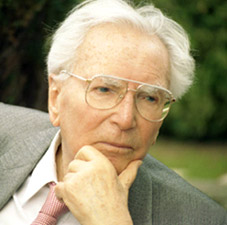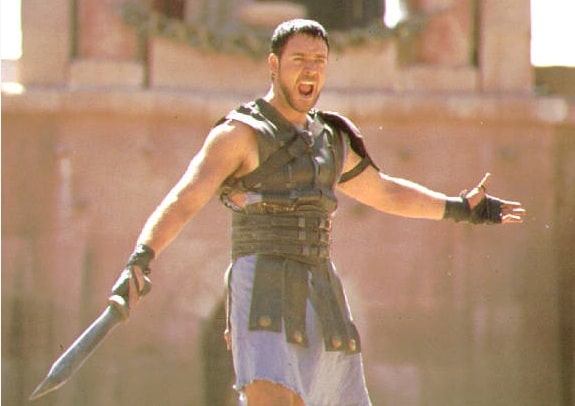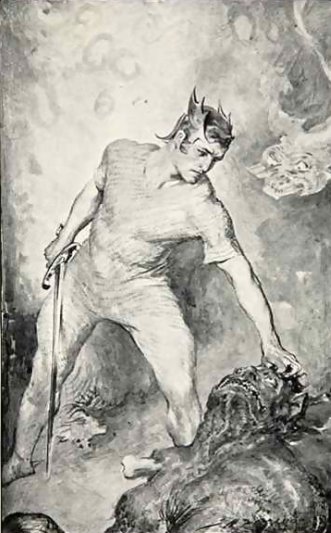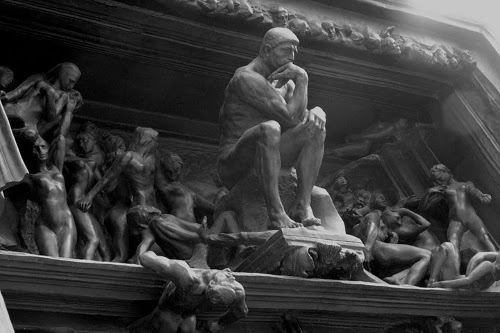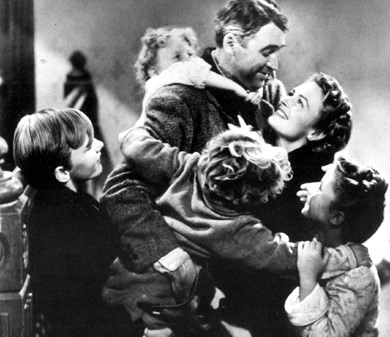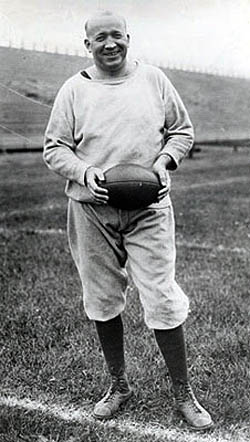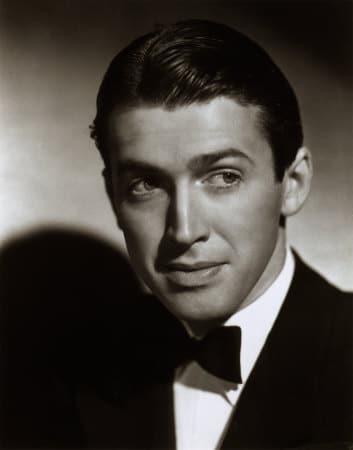
“His type is as normally average as the hot dog and pop at Coney Island. He is good looking without being handsome, quiet without being a bore, ambitious without taking either himself or his job too seriously and unassuming without being dull. Stewart’s growing appeal has sometimes been difficult to peg. He’s no Gable and certainly has none of the qualities of a Valentino. A sixteen-year-old fan seems to have hit it when she wrote to him, ‘I like you because you’re like the boy next door.’” -1938 MGM biography of James Stewart
James “Jimmy” Stewart was an unlikely candidate for silver screen fame. Lacking the suave handsomeness and virility of a Cary Grant, the tough masculinity of a John Wayne, and the dark grit of a Humphrey Bogart, he was unlike anything else to come out of Hollywood at the time. Beanpole thin, with a famously slow drawl and awkward mannerisms, studios initially couldn’t imagine him as a leading man. Everyone could sense that Stewart was enormously talented, but few had a clue on how to use him. It would take directors like Frank Capra and Alfred Hitchcock to recognize his strengths — openness, emotional complexity, intelligence, and authenticity — and coax out some of cinema’s most unforgettable performances.
If Stewart broke the mold of the typical leading man, his behavior off the set was equally antithetical to the rest of Hollywood. Never one to be flashy, married only once, courteous to everyone he met, disciplined and professional, his life provided little grist for the town’s gossip columns. There were no shortage of people who agreed with President Truman when he said, “If Bess and I had a son, we’d want him to be just like Jimmy Stewart.”
While often remembered for his wholesome turns in movies like Mr. Smith Goes to Washington, Stewart was an actor of tremendous emotional range, equally adept at delving into the dark corners of the human condition. Over the course of his brilliant and wide-ranging 55-year career, Stewart appeared in 80 films, several of which have become true American classics.
In following his own course on screen and in life, Stewart left behind many lessons in manliness. Here are just a few.
Forge Your Own Path and Follow Your Passion
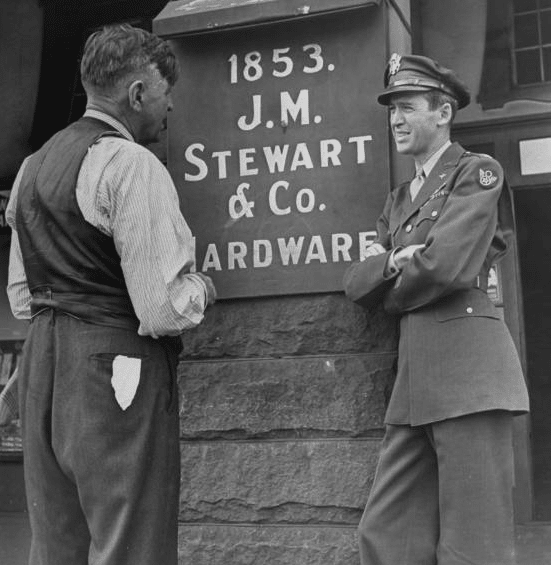
“My earliest memories are of hardware smells. The dry aroma of coiled rope. The sweet smell of linseed oil and baseball gloves. The acid tang of open nail kegs. When I open my nose, they all come back to me.” -Jimmy Stewart
James Stewart did not come from a family with connections to Hollywood. Raised in Indiana, Pennsylvania, his father was the proud owner of the town’s hardware store. His father worked tirelessly to make the store a success, and believed that one day his son Jimmy would take over the business that had been in the family for three generations. Starting at age 10, he expected young Jimmy to come to the store after school to help out and learn the ropes.
Alexander Stewart was an Ivy League educated man who had served in both the Spanish-American War and World War I and presided over his family with manly bearing. Stewart idolized his father and wanted to fulfill his expectations and make him proud. Thus, though Jimmy wished to be a pilot and attend the Naval Academy, he acquiesced to his father’s desire that he follow in his footsteps and attend Princeton.
Upon graduation, Stewart planned to continue his education by getting a masters degree in architecture. He would then be expected to come home to Indiana, take over the hardware store, and perhaps expand into the home building business.
But after matriculating from Princeton, Stewart joined an acting company for what started as a summer stint. When Stewart made the decision to keep on acting instead of returning to school in the fall, his father was not at all pleased with the change in plans. Remembered Stewart:
“Dad was upset. My father didn’t like it at all-till the day he died he didn’t like it…he kept shaking his head, saying, ‘No Stewart has ever gone into show business!’”
Indeed, the elder Stewart never completely warmed up to the idea of his son being an actor. Even after the huge success of Jimmy’s first breakout film, Mr. Smith Goes to Washington, Alexander called him and told him to quit the movie nonsense and come back home to get married, start a family, and help run the store. It was a plea Jimmy would hear for pretty much the rest of his life.
But Stewart didn’t go all Dead Poets Society and kill himself over this rift; he respected his father but he was his own man with his own dreams and his own life to lead. Although he was tempted to return to the quiet life of Pennsylvania throughout his whole life, his passion for acting kept him making movies into his old age.
Be Dignified with the Ladies
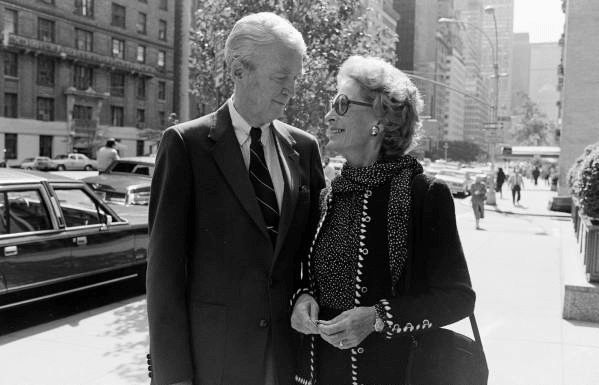
While we often think of the stars of yesteryear as more upright than the current crop of tabloid fodder, the Hollywood of the past was much like it is today; studios just worked harder to cover up their actors’ misbehavior and the media kept a respectful distance. While Jimmy Stewart was assuredly no saint, next to fellow actors who juggled multiple women at a time, had affairs with married women while they were single, and liaisons with single women when they were married, Stewart was considered downright prudish.
Stewart had relationships with some of the most beautiful and alluring women of the time — Ginger Rogers, Olivia de Havilland, Dinah Shore, and Marlene Dietrich to name a few. But he preferred to keep his relationships out of the public eye and was notoriously circumspect about the women in his life when probed by reporters.
While other stars burned through multiple marriages (Clark Gable and Cary Grant both married 5 times), Stewart held out to find the right woman to settle down with. She was hard to find in Hollywood; women threw themselves at Stewart in hopes of hitching their star to his, but he found these brash, sexually aggressive women off-putting and quickly tired of the vapid ladies he met in Tinseltown. Seeing many of the women he knew cheat on their husbands, he became extremely cautious about tying the knot. As his fortieth birthday approached, he began to despair of being a bachelor forever.
But then he met Gloria Hatrick. Athletic, smart, and funny, she was an elegant and beautiful woman who shared his love of fishing, golfing, and sailing. Stewart said:
“I could tell right off that she was a thoroughbred. For me it had been love at first sight. She was the kind of a girl I had always dreamed of. The kind you associate with open country, cooking stew and not fainting because it was made of cut-up squirrels. She’d look at home on a sailboat or a raft; in a graceful swing from a tree branch into the swimming pool.”
Stewart and Hatrick were married in 1949 and stayed married for 45 happy years. If Stewart had been something of a playboy in his single years, after his trip down the altar he became a devoted husband. Gloria remembered:
“Jimmy was working with some of the most glamorous women in the world. My constant fear I suppose was that he would find them more attractive than me and have an affair with one of them. A lot of men in Hollywood became involved with their leading ladies. Jimmy was a red-blooded American male so naturally I thought it could happen to him, too. I was convinced it was only a matter of time before the telephone would ring and it would be James telling me that he had to work late at the studio or that he would be out playing poker with the boys. Well, no such call ever came. And I can honestly say that in all the years of our marriage Jimmy never once gave me cause for anxiety or jealously. The more glamorous the leading lady he was starring opposite, the more attentive he’d be to me.”
Do Your Duty
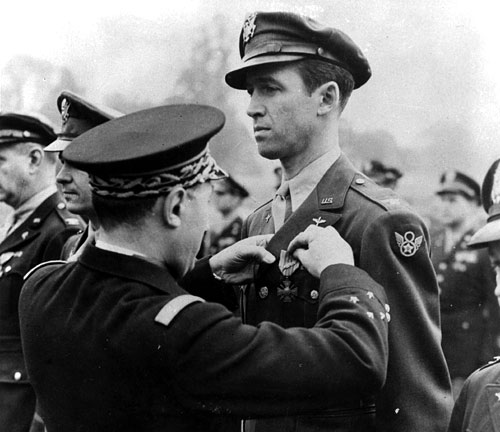
All the generations of Jacksons on Stewart’s mother’s side of the family had served honorably in the military, going all the way back to the Revolutionary War. So when it was Jimmy’s turn to serve, he was ready to fulfill his duty. Although he had numerous opportunities to get out of service, Stewart — unlike a certain cowboy actor who usually gets many more manliness points — did everything he could to serve.
In 1940 Stewart was drafted into the military. But when he took his physical, the army rejected him; at 6’3″ and 130 pounds, he was deemed too skinny for service. He could have bowed out honorably but instead he appealed the rejection and set up a second physical. He spent the next 3 months constantly gobbling up milkshakes and fried chicken wings in attempt to put on 10 pounds. When the second physical came around, he was still underweight, but he convinced the doctor to look the other way and approve him.
And so a week after winning an Oscar for The Philadelphia Story, Stewart became the first major American actor to don a uniform. He humbly transitioned from acting to peeling potatoes and gracefully accepted the drastic change in his pay — from $3,000 to $21 a week.
Stewart had a lifelong fascination with flying that started with building model airplanes as a child and progressed into getting his private and commercial pilot licenses as an adult. As an avid flyer, he decided to transfer to the Air Corps. While eager to just be one of the boys and start flying missions, Stewart grew increasingly exasperated as the other men were shipped overseas while he was left to train other pilots, make recruitment films, and be trotted out in uniform for various publicity events.
The Army, afraid that losing Stewart in combat would be a heavy blow to American morale, was intent on keeping Stewart from shipping out. But Stewart continually and persistently implored his commanding officers to put him on active duty.
Thus when Colonel Robert Terrill, Commanding Officer of the 445th Bombardment Group needed a man who would be able to lead his men into combat and get them home safely, the Army, knowing there was no more capable or qualified man for the job, finally relented.
When Stewart joined the 445th in Sioux City, he so impressed Terrill that in a matter of weeks the Colonel put him in command of the 703rd Bomb Squadron division, consisting of a dozen B-24 bombers and 350 soldiers and flyers. Once in Britain, Stewart flew missions as dangerous and harrowing as any other Airman, leading squadrons on bombing runs into Germany and occupied France. Besieged on each mission from the Luftwaffe, Stewart escaped many narrow misses. Many of his fellow men were not so lucky, and Stewart watched with sickness as they fell from the sky.
For his service, Stewart received the Air Medal for flying 10 successful missions over Germany, the Distinguished Flying Cross for leading an air raid on Brunswick, and the prestigious Croix de Guerre from the French Air Force.
Stewart remained in the Air Force Reserves until forced into retirement and left the Force with the rank of Brigadier General.
Listen to my podcast with author Robert Matzen about Jimmy Stewart’s WWII service:
Be Humble

Stewart’s dignified manner with women extended to his treatment of everyone he met and worked with. He refused to let fame give him an inflated sense of self-worth nor deter him from his values. Although his money would have allowed him to, he never lived in an ostentatious way. While the car of choice in Hollywood was a Mercedes, when he finally hit it big he went out and bought a Volvo. He drove it for many years, and then replaced it…with another Volvo. During the energy crisis of the 1970s, when he was in his 70s, he refused to heat his pool for his daily dips, seeing it as an extravagance.
Stewart always sought to make his co-stars shine and respected his fellow actors immensely. Known as a consummate professional, he never had an ill word to say about a co-star, even when their antics on set had been anything but respectable. And he was always rooting for the success of others. When Stewart was up for the Best Actor Oscar in 1960 for Anatomy of a Murder, he wanted very much to win as his star had dimmed a bit after the poor reviews and box office performance of 1958’s Vertigo. Walking into the Academy Awards ceremony, he bumped into another nominee in the Best Actor category, Charlton Heston, and the two posed for pictures together. Heston recalled, ”As the flashbulbs finally petered out and we turned to go to our seats. Jimmy took my arm and said, ‘I hope you win, Chuck, I really mean that.’ I don’t know another actor alive who would’ve said such a thing. He’s an extraordinary man.”
Stewart’s humility extended to his military record as well. The public was enamored with the idea of this movie star turned Airman, and when he returned home, he could have easily used his service record as a way to garner attention for himself and promote his films. It would have certainly been tempting, as his postwar transition back into movies did not go smoothly, and industry insiders were beginning to doubt his ability to make a comeback.
But Stewart had long insisted that he was just one of the boys, no more important than any other serviceman. To this end he refused to talk to reporters about his war experiences or appear in any kind of publicity event that capitalized on his service. He also refused to act in movies that depicted combat, leading him to turn down lucrative roles in big movies like Midway and The Longest Day. As Stewart explained, “They’re just hardly ever the way it really is.”


